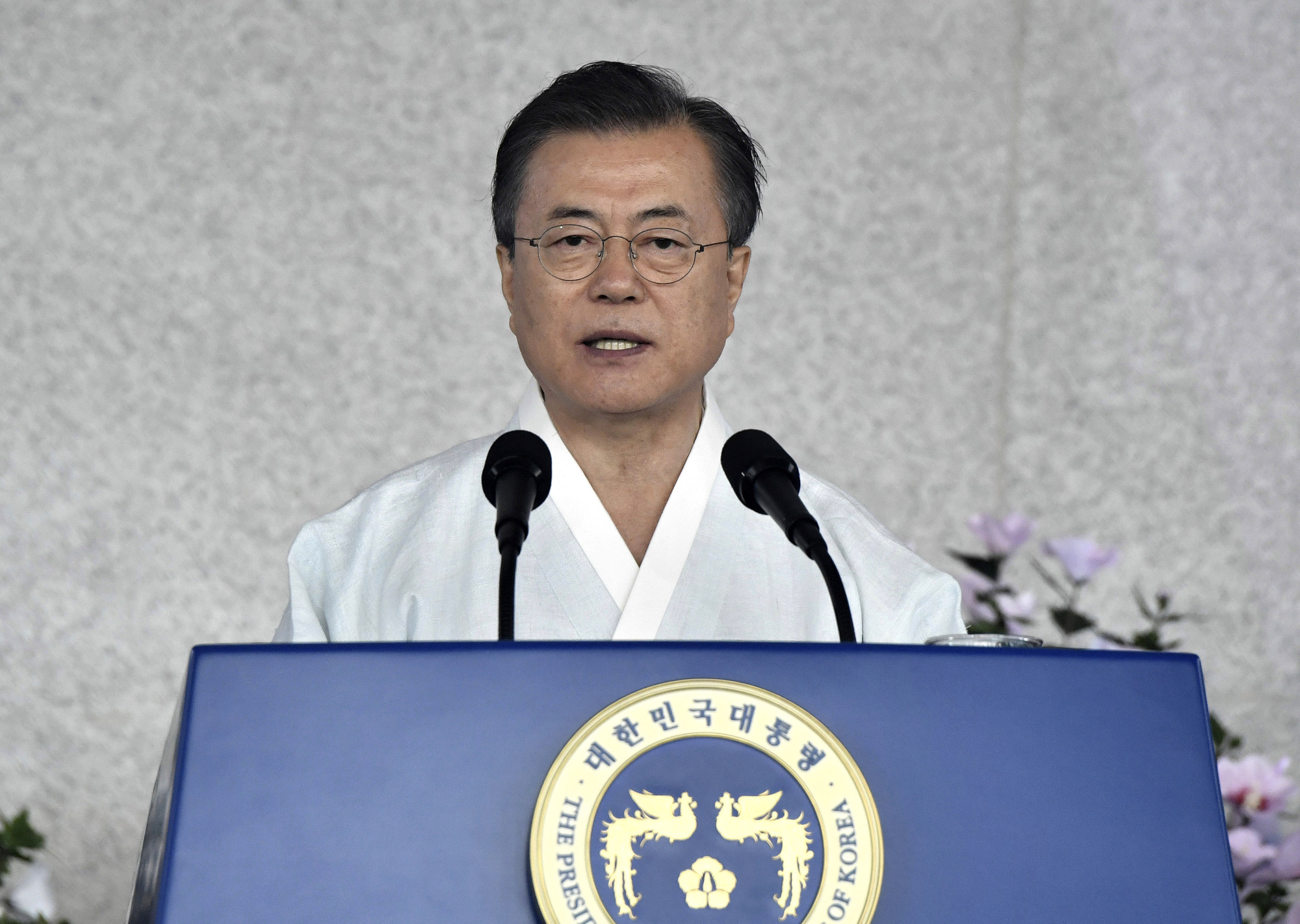Japan-South Korea relations are spiraling out of control. The bilateral relationship between Tokyo and Seoul, which has undergone numerous ups and downs since the two countries normalized ties in 1965, seems to have entered an unprecedented period of uncertainty with emotional arguments against each other drowning out rational arguments for the necessity of a relationship that is functional at the very least.
To be fair, Prime Minister Shinzo Abe has not asked for the current tension. When he first became prime minister in the fall of 2006, Abe chose Seoul as one of his first foreign destinations. In the news conference that followed his visit he referred to South Korea as Japan's "most important neighbor" and expressed a desire to "strengthen a future-oriented partnership of mutual understanding and trust."
Abe then continued to reiterate that South Korea is Japan's "most important neighbor" in his annual policy speeches to the Diet, which he delivers when the new Diet session commences in January. His reference to South Korea as "the most important neighbor" continued even when Tokyo and Seoul went more than three years without a summit meeting between Abe and then-South Korean President Park Geun-hye.



















With your current subscription plan you can comment on stories. However, before writing your first comment, please create a display name in the Profile section of your subscriber account page.